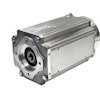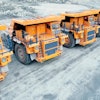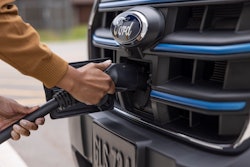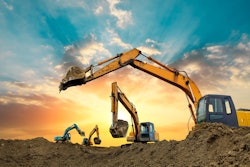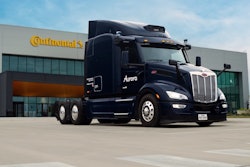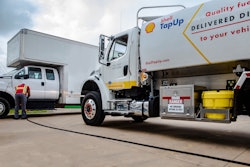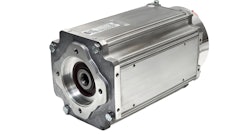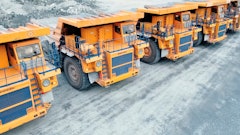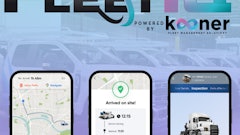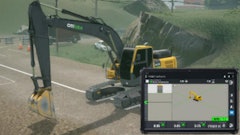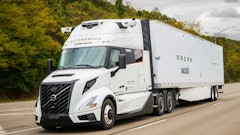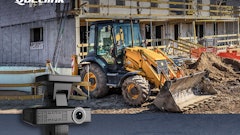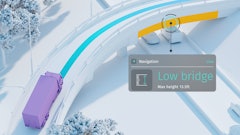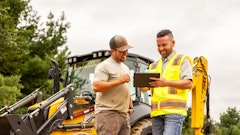Ford Pro announced today that Ecolab will use Ford Pro's electric vehicles in its fleet. Initial plans involve the purchase of 1,000 Ford F-150 Lightning Pro trucks and Mustang Mach-E SUvs for its California fleet.
According to the company:
Ecolab, a global sustainability company offering water, hygiene and infection prevention solutions, selected Ford Pro, Ford’s commercial division, to accelerate the electrification of its sales and service fleet, targeting complete North American fleet electrification by 2030.
Ecolab’s and Ford’s business relationship, forged nearly 100 years ago, is expanding on the heels of a new commitment to create positive impacts, progress toward carbon neutrality and advance sustainable growth.
Electrification of Ecolab’s North American fleet begins in California with the conversion of its sales and service vehicles to EVs by 2025. Ecolab will purchase and deploy more than 1,000 Ford F-150 Lightning Pro trucks and Mustang Mach-E SUVs, creating what is anticipated to be the largest all-electric sales and service fleet in California. Ford Pro offers a full suite of charging and telematics software that Ecolab will use to help the business maximize vehicle performance and fleet productivity.
The move to EVs is a crucial step in Ecolab’s efforts to achieve net-zero emissions globally by 2050.
“Ford and Ecolab have worked closely for almost 100 years, from water conservation at Ford now to electrification at Ecolab,” said Ted Cannis, Ford Pro CEO. “Together, we’re showing that sustainability is good for the bottom line and the environment.”
Ford and Ecolab have a business relationship dating back to 1925, including collaboration on reducing and reusing water in Ford manufacturing plants. Today, Ecolab operates more than
10,000 light-duty vehicles in its North American fleet, 95% of which are Ford vehicles. During the past decade, Ecolab has purchased more than 31,000 Ford vehicles.
“Ecolab’s history is rich with collaboration between like-minded companies committed to sustainable business growth,” said Christophe Beck, chairman and CEO of Ecolab. “Ford and Ecolab have worked together for nearly a century, most recently to help conserve water and energy while improving business performance. This next phase of our relationship will help us move quickly and at scale with the goal of improving profits through renewable energy and EV solutions for the betterment of our employees, business and the environment.”
Sustainability is at the heart of both Ford’s and Ecolab’s operations and their shared commitment to carbon neutrality no later than 2050.
Leveraging water conservation practice and technology, Ford has reduced water usage in its manufacturing, supporting freshwater availability in local communities. Ford has saved more than 186 billion gallons of water since 2000 toward its aspiration to only use fresh water for human consumption.
Major Business and Environmental Benefits
In going electric, Ecolab estimates that it can lower overall costs, with internal financial models forecasting a lower total cost of ownership over the life of the vehicles compared to ICE vehicles. Ecolab can potentially save roughly 50% in annual fuel costs per 2023 F-150 Lightning Pro truck, a savings of approximately $1,400 in fuel per vehicle each year.1 Once vehicles are deployed, Ecolab plans to use Ford Pro productivity software and service solutions to manage and maintain its California fleet.
Ford Pro productivity software and service solutions have been shown to help optimize fleet operations. In a Ford Pro survey of Sonoma County Winegrowers, respondents estimated that, on average, they could reduce their idling hours by 49%, their time spent tracking maintenance schedules by 37% and their time spent tracking fuel usage by 58% with a solution like Ford Pro Telematics. In the same survey, Sonoma County Winegrowers estimated they could reduce their service downtime by about 20% using Mobile Service.


